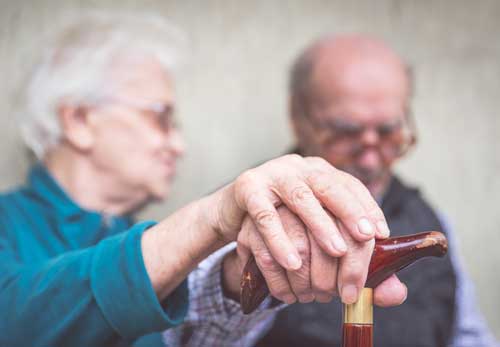What can you do when a loved one loses capacity?
Loss of capacity can be gradual or sudden depending on the reason for it.Your loved one could be suffering from early stage dementia and the signs might be quite clear. You could have plenty of time to make arrangements for the time when he or she may not be able to make their own decisions, manage their own affairs, or take care of themselves.In this scenario, the person in question can make a Lasting Power of Attorney which will give relatives and/or friends the authority they need to handle your affairs.However, there may be circumstances where there are no warning signs and no time to prepare.In this circumstance, what can you do?
Applying for a Deputyship Order
If you find yourself in a situation where your loved one is clearly unable to give instructions for the preparation of a Lasting Power of Attorney, you can apply to the Court of Protection for a Deputyship Order.This Order will allow you to be appointed Deputy and give you the authority to make certain, specified, decisions about your loved one.Such decisions could be regarding managing a person’s finances generally or may be limited to a specific decision such as selling someone’s home for them.
To apply for a Deputyship Order you will need to complete an application form and you will need to arrange for a medical professional to complete an ‘assessment for capacity’ form which confirms, amongst other things, that the person in question no longer has the requisite capacity to make their own decisions.There is also a court fee to pay, which is currently £385.
The application will need to be served on any interested parties, such as other family members, and then, if there are no objections to the application, the court will make the Deputyship Order.This process can take several months, but in some circumstances the court can make urgent Orders.
The Older and Vulnerable Client team here at Longmores understands that this process can be daunting at what can be a very stressful time.We are here to help guide you through it and provide as much assistance as you need.
If you would like further information, please contact Charles Fraser.
Please note the contents of this blog are given for information only and must not be relied upon. Legal advice should always be sought in relation to specific circumstances.

